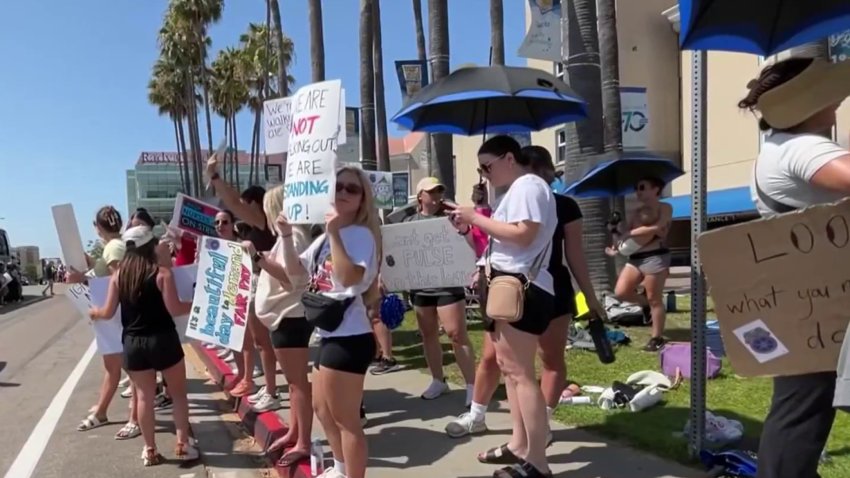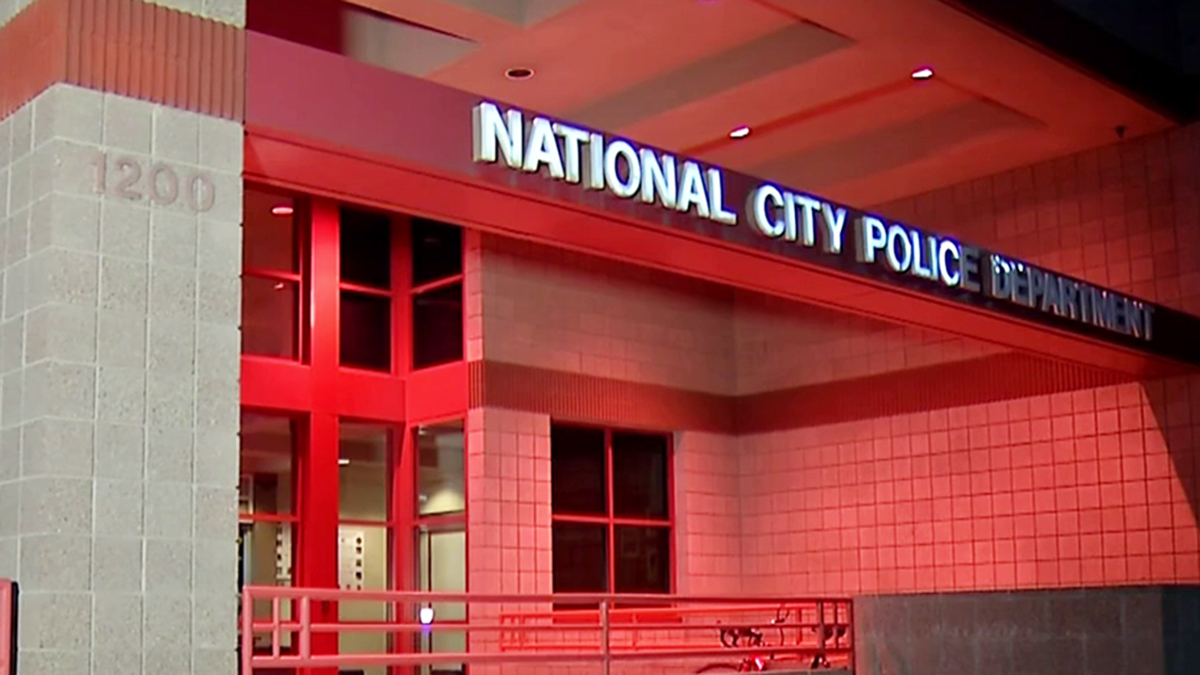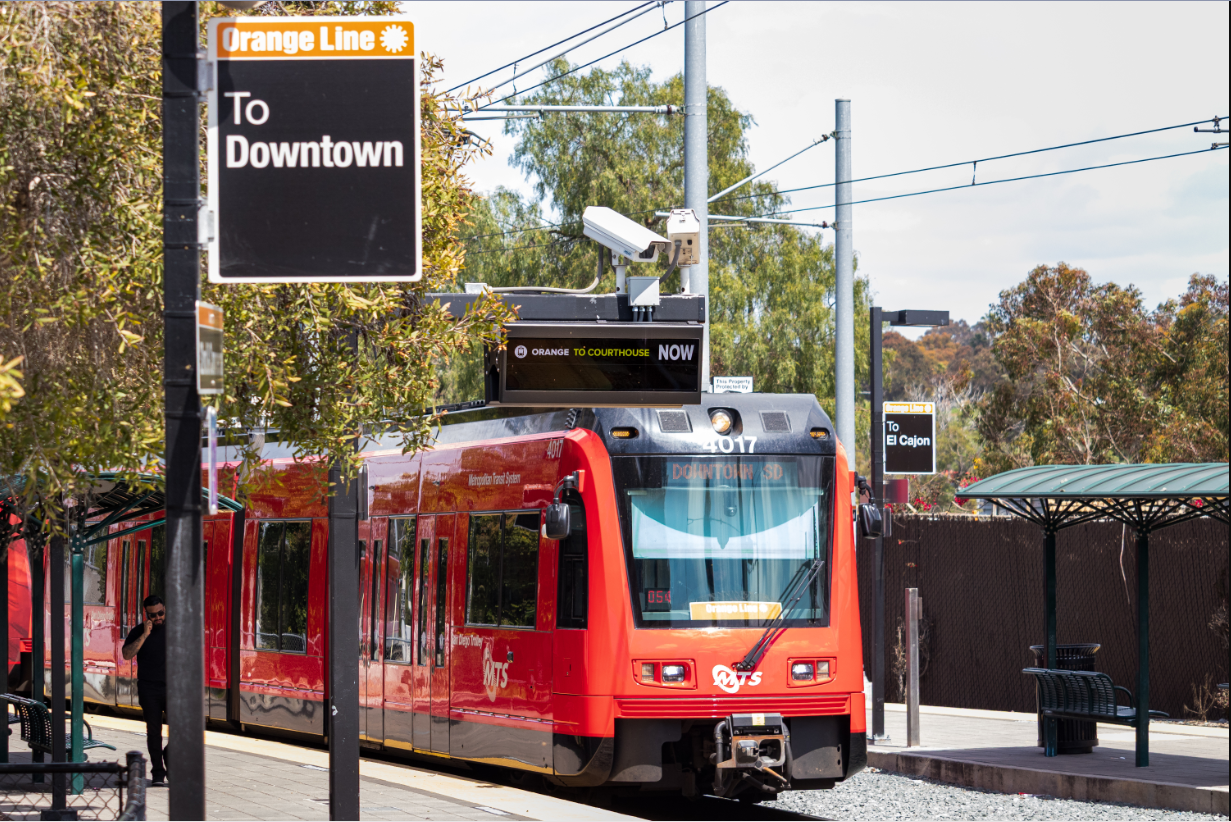The nurses had already gone on a two-day strike to show their frustration over the dispute between the hospital. NBC 7’s Jeanette Quezada has the latest.
Nurses at Rady Children’s Hospital on Tuesday voted to turn down the hospital's latest contract offer following months of negotiations and their first-ever strike.
“Earlier today, our members voted down Rady Children's Hospital's latest offer. While this agreement represented some improvements, it did not sufficiently address the critical issues of wages and high medical premium costs, which burden the majority of our 1,600 nurses," Katie Langenstrass, Executive Director of United Nurses of Children's Hospital (UNOCH) Teamsters Local 1699, wrote in a statement sent to NBC 7.
“Our goal remains steadfast. We are committed to securing a fair contract that attracts professional nurses and retains the incredible talent we currently have, ensuring the exceptional patient care our community relies on. Despite its shortcomings, we felt it was necessary to present this agreement to our members.
“After thorough discussions and meetings throughout the weekend, our members have made their voices heard. They have made it clear that we need real movement from the hospital to reach a fair and sustainable deal.
Get top local stories in San Diego delivered to you every morning. Sign up for NBC San Diego's News Headlines newsletter.
“Following this evening’s vote, we will regroup with our membership and executive board in the coming days to figure out next steps in securing the strong agreement we deserve.”

UNOCH leadership team reached a tentative agreement with Rady Children’s Hospital Saturday, this one with higher pay for new nurses, then took the deal to its members for a vote on Tuesday.
Local
This marks the third vote on a potential contract the 1,600-plus members of the union have taken in just over a month.
The union’s three-year contract with the hospital ended June 30, and the two sides have been negotiating since May. The union voted down the first proposal, then voted to authorize a strike, then voted down a second proposal in mid-July. Nurses then went on strike for two days, from July 22-24.
The key issue is compensation: The nurses’ union said they make less than nurses at other San Diego-area hospitals and pay more for their health insurance. Union leadership has said it's an issue impacting recruitment and retention, which then affects patient care.
“We wanted to show the hospital we were serious,” said Katie Langenstrass, a pediatric nurse and UNOCH executive director, the first day of the strike. “We wanted to make a point. We also have the kids in mind, right? Like, the patients are our top priority, patient safety is our top priority, and all those decisions led to a two-day strike.”
Rady has said its offer before the strike gave nurses a 25% raise over three years – up from 22% in the initial proposal.
“We look at compensation grids from across Southern California and, more specifically, here in San Diego, and this increase would, in the first year, immediately place the average alongside the average and actually in the top, in the higher ranges, of the averages for nurses,” said Dr. Patrick Frias, who is Rady Children’s Hospital president and CEO.
Both sides – and the families of patients – have said they want to soon see a deal.
“I hope that they come to an agreement, honestly,” said Jessica Ramirez, whose four children have treated at Rady. “It’s kind of sad, you know? You’re supposed to love your job, and they do such an amazing job. I just wish that, you know, they can be happy with what they earn too.”
Shinnel Tillis' daughter has been at Rady Children's Hospital for the past week. Tillis told NBC 7 after the vote that she has been content with the hospital's staff and worries about losing good nurses.
"If they go on strike, what does it mean for the patients? What does it mean for our kids?" Tillis asked.
Paul Belo's daughter has been at Rady Children's Hospital for four years. She has a rare genetic syndrome called Ohdo.
"It's kind of messed up, especially here in California with the economy. Everything is going up, but earnings or wages stay the same," Belo told NBC 7 after the results came out.



